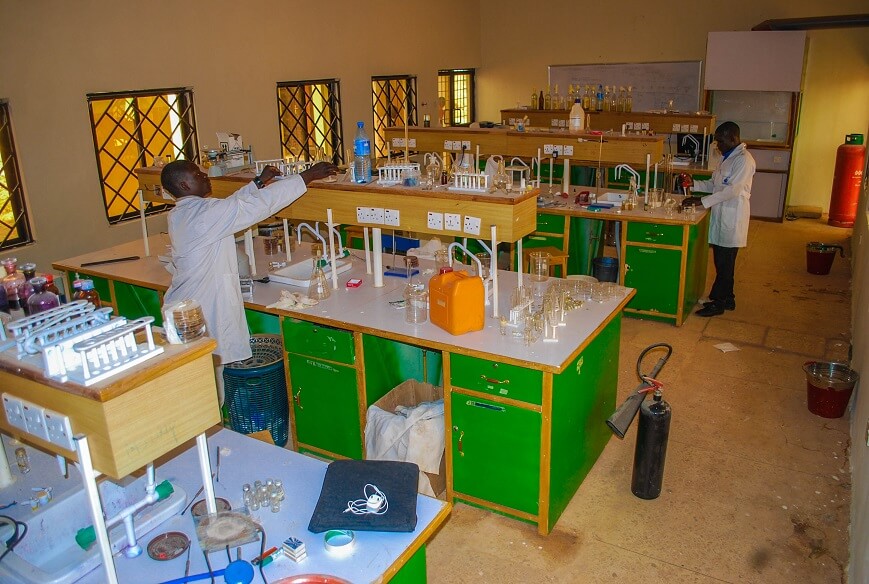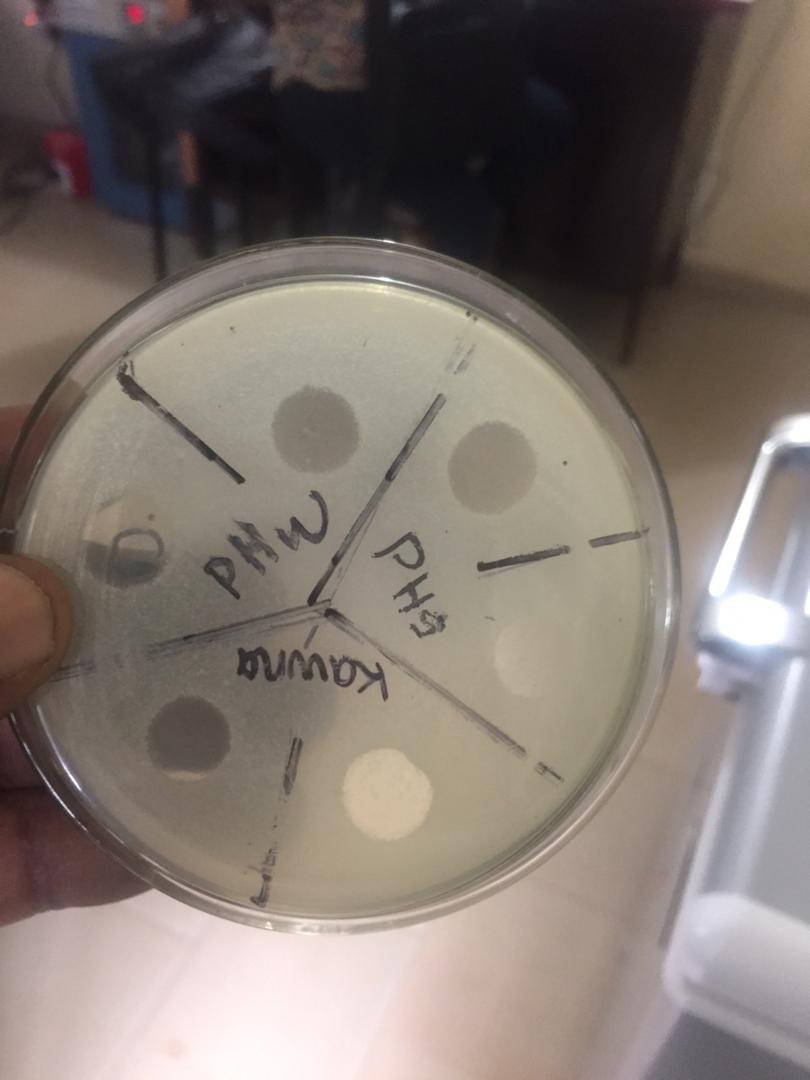Have you heard about how phages have their own parasites? Here’s a great tweet thread by Kim Seed of UC Berkeley explaining two new papers from her lab! The papers focus on understanding V. cholerae phage interactions with PLEs, phage-induceable chromosomal island-like elements, which exploit phages for their own spread. Paper 1 on PLE replication strategies | Paper 2 on phage helicase hijacking by PLEs.
If you haven’t read Elio Schaechter’s blog, Small Things Considered, you should take a look. This week he wrote a lovely post on flagellotropic phages and how phages “lasso” their host by the flagella, then glide down to the base for infection.
Here’s a shameless plug: we wrote a textbook chapter for Bacteriophages: Biology, Technology, Therapy, and it came out this week! We focus on how countries new to phage therapy are making compassionate phage therapy work (hint: collaboration is key). Let us know if you’d like a PDF copy.
Krystyna Dąbrowska (Polish Academy of Sciences) and Stephen Abedon (Ohio State University) have published a review on what it means to do “pharmacologically aware” phage therapy, which takes into consideration the in vivo obstacles to phage therapy.
Armata Pharmaceuticals has addressed its shareholders with good news about how their company is progressing post-merger between C3J and AmpliPhi. The company also recently announced that it has received a Research and Development Tax Incentive cash rebate of USD $1.3 million from the Australian Tax Office based on R&D spending in Australia in 2018.
If you can get to Hamilton, Ontario Nov 14-15, check out the 2019 Gairdner Symposium: Fuelling the Fight Against Antimicrobial Resistance. Speakers include Dame Sally Davies (UK special envoy on AMR), Kevin Outterson (Director of CarbX), authors Maryn McKenna (Big Chicken) and Steffanie Strathdee (Perfect Predator), among others!







